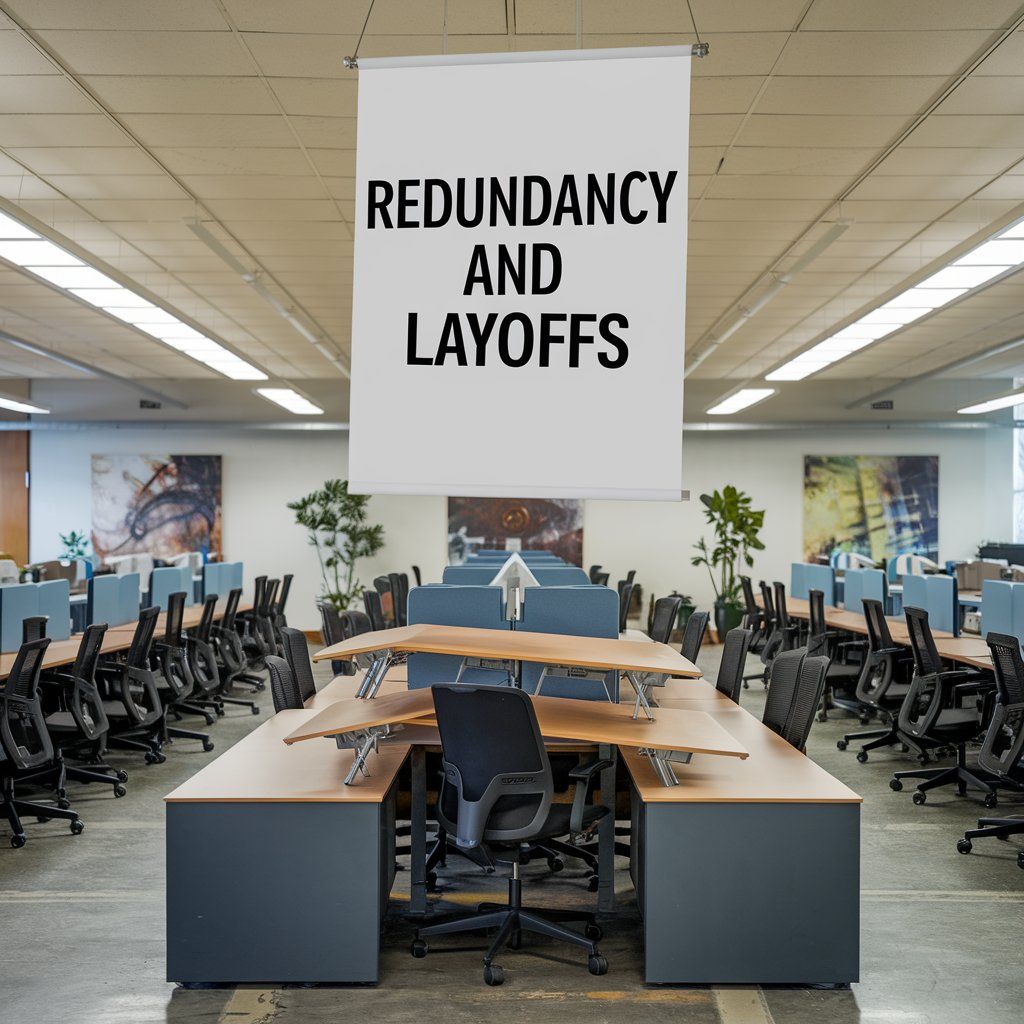10 Reasons to make a will
July 3, 2019
“We’ve been meaning to do this for years…” is the most commonly used client phrase when coming to see us to make their Wills.
We’ve compiled a list of 10 of the reasons you should make a Will for those who may be in the same position and just need that little push to make an appointment and get their Will made.
- You are in control of what happens when you die. A Will allows you to choose who will benefit and what they will get. If you die without a Will, the intestacy rules will decide who benefits from your estate and this is not always who you would have thought or would have wanted to benefit. You also choose specifically who will deal with your estate after your death.
- You can ensure your partner is provided for if you are unmarried. The intestacy rules provide a hierarchy of who is to benefit from the estate of a person who dies without a Will. These rules do not recognise modern relationships and it could mean a long standing unmarried partner will not benefit from your estate at all.
- You can gift and donate. You can preserve assets and ensure they are left to a specific person through your Will. You are also able to leave gifts of items or money to specific people or charities who would otherwise not benefit if you did not have a Will. The rules of intestacy deal with an estate as a whole which can mean selling assets. This can cause problems where you have a business or where you own property and a dependant is living in the property at the time of your death.
- You can choose who is to be the guardian of your children. A Will allows you to nominate somebody of your choice to be the guardian of any of your children who are under eighteen at the time of your death.
- It reduces the chances of a dispute. Although a Will can be sometimes be challenged and contested, the courts are much more reluctant to interfere in a provision made by a Will than a disposition provided for by the rules of intestacy. A Will reflects your wishes and it is not for the court to go against your wishes.
- You can ensure disabled or vulnerable beneficiaries’ shares are managed. A trust can be drafted into your Will so that the inheritance you leave to a disabled or vulnerable beneficiary can be properly managed. If you die without a Will and a share of your estate is to go to somebody who is disabled or vulnerable, an expensive and time consuming court application may be required before paying out their share. People who lack capacity are unable to give valid receipt for their share so there may be difficulties making a payment to them.
- You can provide for your beneficiaries whilst protecting your assets. A couple can arrange their Will in a way which protects their share of their home from being used to pay care home fees. This provides a comfort that their share of the property is available for the survivor to live in for as long as necessary.
- You can avoid a lengthy probate process. In your Will you can provide names and addresses of beneficiaries. If you die without a Will, it can cause problems in identifying and locating beneficiaries which can add unnecessary costs to your estate and can be time consuming.
- It can help to reduce inheritance tax liabilities. Leaving some or all of your estate to charity or your property to direct descendants in your will can reduce your tax liability if your estate is likely to be liable for inheritance tax.
- Because you never know what is around the corner. One of the most common reasons people do not have a Will is because they don’t want to think about death. Don’t let the realisation that you need a Will come too late. Avoid added stress on what will be an already hard time for your family, make a Will to make sure everything is covered and your loved ones are provided for.
Speak to our Private Client department
for further information on drawing up a Will
and the costs of doing so. We have a team of dedicated and experienced Solicitors who can help you with the process.

Facing redundancy or layoffs can be a challenging and emotional experience. Whether you are an employee who has been informed of impending job loss or a manager tasked with making difficult decisions, understanding your rights and the processes involved is crucial. This guide will help you navigate redundancy and layoffs, ensuring you are informed and prepared for the journey ahead.

Purchasing a second home can be a fantastic investment, whether you’re looking for a holiday retreat, a buy-to-let property, or a place to retire. However, buying a second home comes with its own set of legal and financial considerations. Before you jump into the process, it’s important to understand the legalities involved to ensure a smooth transaction and avoid unexpected costs or complications. In this blog, we’ll walk you through the key legal aspects of buying a second home in the UK, from additional taxes to legal obligations.

Divorce and separation can be emotionally draining and time-consuming. Traditional methods of resolution, such as court proceedings, often lead to prolonged conflicts and increased costs. However, mediation offers a more efficient and cost-effective alternative. Mediation can help separated couples manage arrangements concerning their children and address financial issues arising from separation. Additionally, there is legal aid available (if eligible), along with a £500 voucher to assist with the mediation process where child arrangements are discussed. In this blog, we’ll explore how mediation can save you time and money, making the process smoother for everyone involved.

